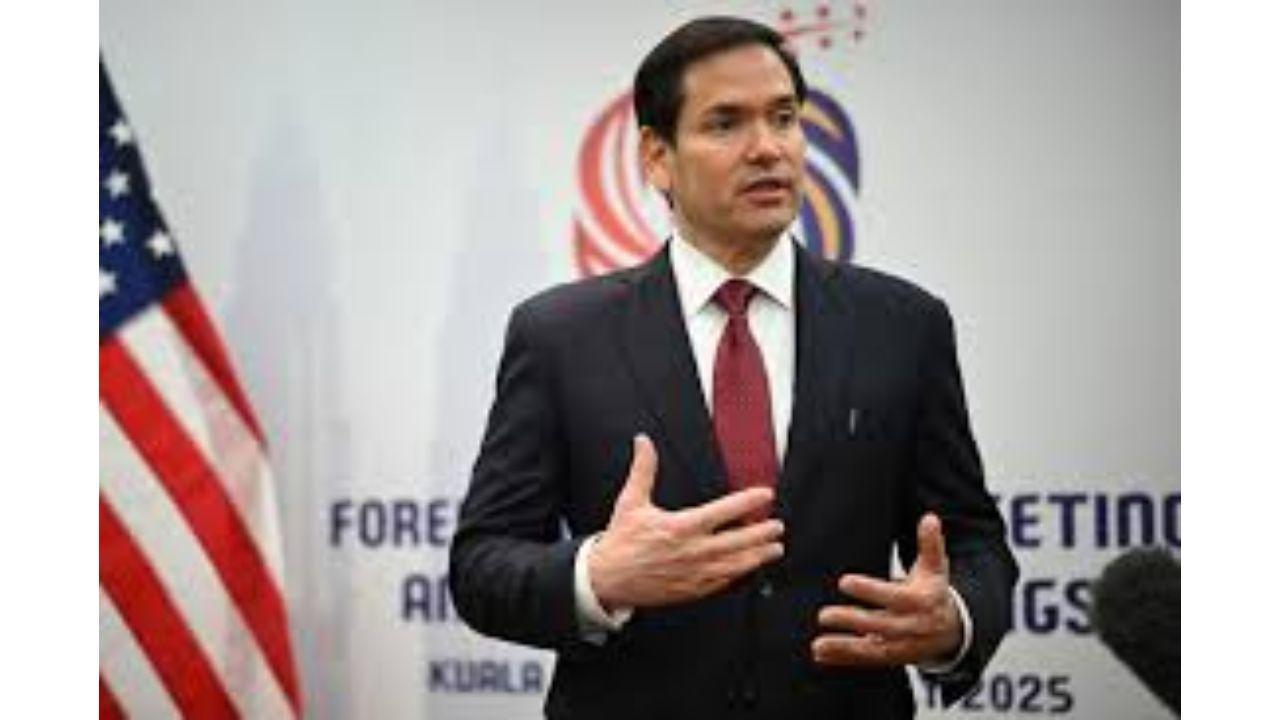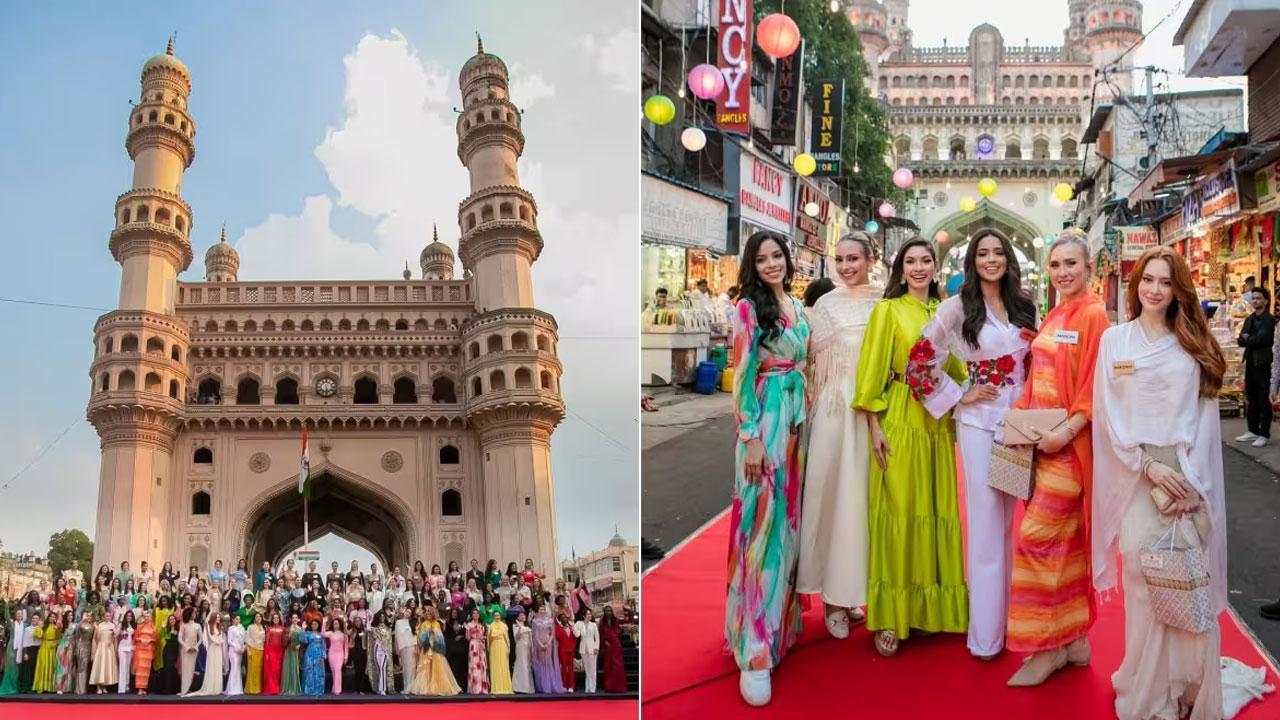Ek Sankalp NGO - The NGO had two major objectives one was to uplift marginalized farmer communities

Likes
0

Technological & medical advancements have brought people closer over the years but even after 20 years into the 21st century, it is highly limited to the urban districts in India. The extensive spread of rural India has made it impossible for the government and non-government organizations to penetrate every single village or district. Ek Sankalp has been working in this direction to empower rural India by providing optimum healthcare facilities and empowering marginalized farmers.
Ram Naresh Singh had to witness these effects of socio-economic struggles belonging to a farmer's family at a very young age of 1.5 years, as he bore the loss of his mother and soon after the passing of his grandfather due to lack of timely medical help which could have been prevented if the right measures were taken at the right time. After years of struggle, Ram, a single child of a single parent became the first person in his family to earn a college degree. Ram knew that it was a very small hurdle that he had cleared compared to the mammoth task he was planning. He started his non-profit endeavour Ek Sankalp Jan Jagran Samiti, an NGO aiming to look after women’s welfare and empower the lives of farmers living in the remote areas of rural and tribal India in the year 2017.
The NGO had two major objectives one was to uplift marginalized farmer communities and the second was to provide life-saving healthcare facilities for marginalized, rural, and tribal pregnant women. They reached out to the regions that had never witnessed basic amenities like electricity, roads and were majorly inhabited by tribal communities.
The NGO saw that the mortality rate of pregnant women in these areas was astonishingly high. In most cases, either the mother or the child could not make it after birth or under more unfortunate circumstances, both could not. With time, Ek Sankalp succeeded in reducing the mortality rate of pregnant women. It made it possible by providing healthcare support for pregnant women by connecting them with healthcare centers even in the most remote tribal regions. The volunteers and workers burnt the midnight oil by providing emergency support and optimum financing to pregnant mothers during and post-pregnancy. The NGO highly concentrated its work on the tribal and rural areas of Madhya Pradesh, Chhattisgarh, and Uttar Pradesh. This benefitted more than 2780 women and helped save the lives of more than 564 women in these regions. While the NGO succeeded in saving the lives of countless women, they knew that this was just the beginning.
The second objective was to empower marginalized farmers and increase the average per capita income. The farmers struggle financially all their lives as they are unaware of technological developments, government policies, the right ways to network with big food manufacturers, and best farming practices. Ram had lived through all of this and so he and his team of Ek Sankalp found a solution. Since the marginalized farmers owned very small lands, it was difficult for them to produce enough to capitalize on their harvests significantly. Hence, they needed to produce an exclusive agricultural commodity that could be used to manufacture a specific food product by FMCG companies. This strategy gives a special advantage to farmers who own small farming lands. However, several FMCG companies follow strict food safety norms with multiple specifications (nutrition content, selection of right seed variety, moisture, minimum pesticide residue post-harvest methods, safe storage, and transportation) to partner with farmers for these exclusive agricultural commodities, the farmers needed to adhere to certain guidelines related to farming methods and inputs.
Although they were able to convince several FMCG companies, convincing the farmers became a colossal piece of work. The farmers were burdened financially already, and thus they were not willing to take the risk. It took a lot of effort and time for the NGO to convince them of the alliance. To win their trust and credibility, they were offered three benefits – up-gradation of their farming tools, making advance payments for the Agri-inputs, and ensuring guaranteed purchase on behalf of the FMCG companies with a 10% premium on the market price. The result was that the NGO finally won the farmer’s trust and eventually their support.
Simultaneously, Ek Sankalp worked with 40 Farmer Producer Organizations to gain access to more and more farmers. The NGO offered them field training, showed them how to use the web application, and connected them with farm banks so they could take benefit from agriculture financial assistance schemes by the government.
While progressive thinking and reformed business strategies would help the farmers, Ek Sankalp knew that they needed technological support to propel the farmers’ lives even further. This led them to create a web tool that served as an all-inclusive solution for the farmers. The elimination of middlemen in this fair and transparent procedure benefited both farmers and FMCG clients, who were able to save on procurement expenses and price fluctuations while receiving a regular supply of high-quality grains through annual contracts with farmers. Today Ram and his Ek Sankalp are proud of having helped 12000 farmers by providing fair trade and stable income and these farmers now sell millions of dollars worth of grains each year, allowing them to break free from the vicious cycle of illiteracy and poverty.














